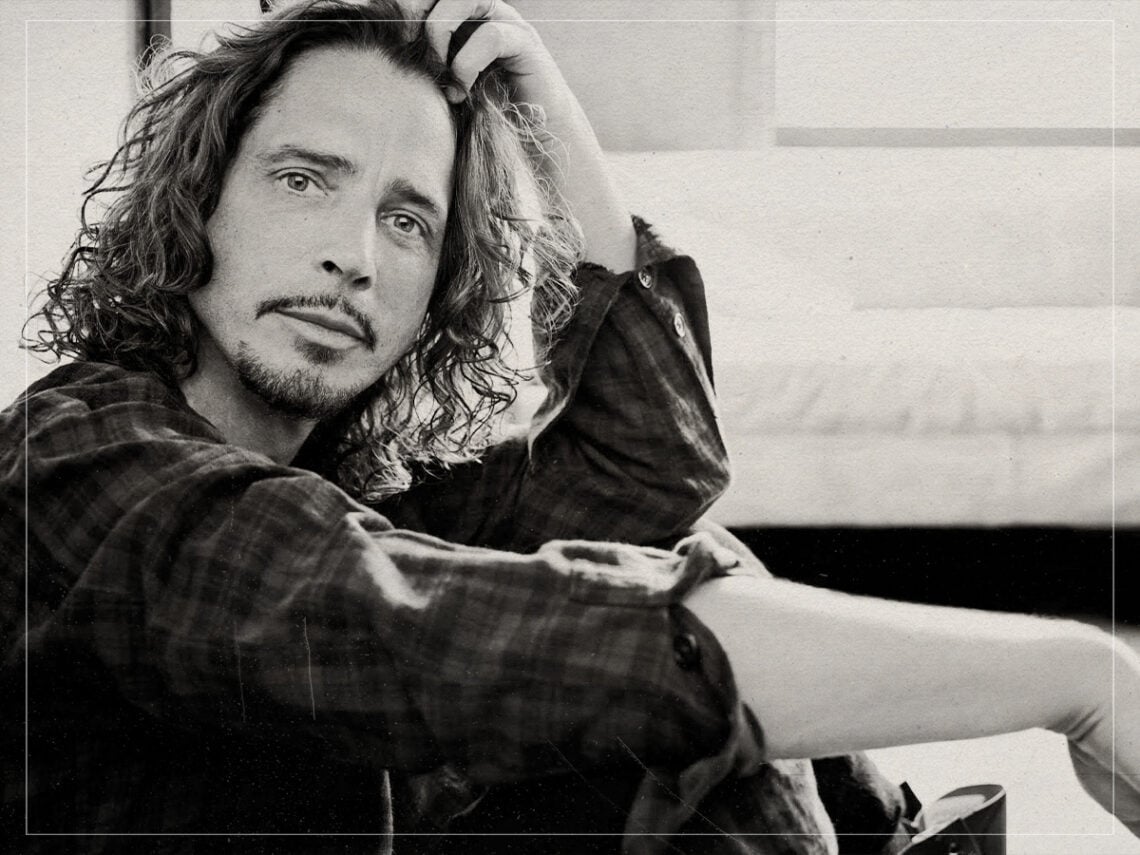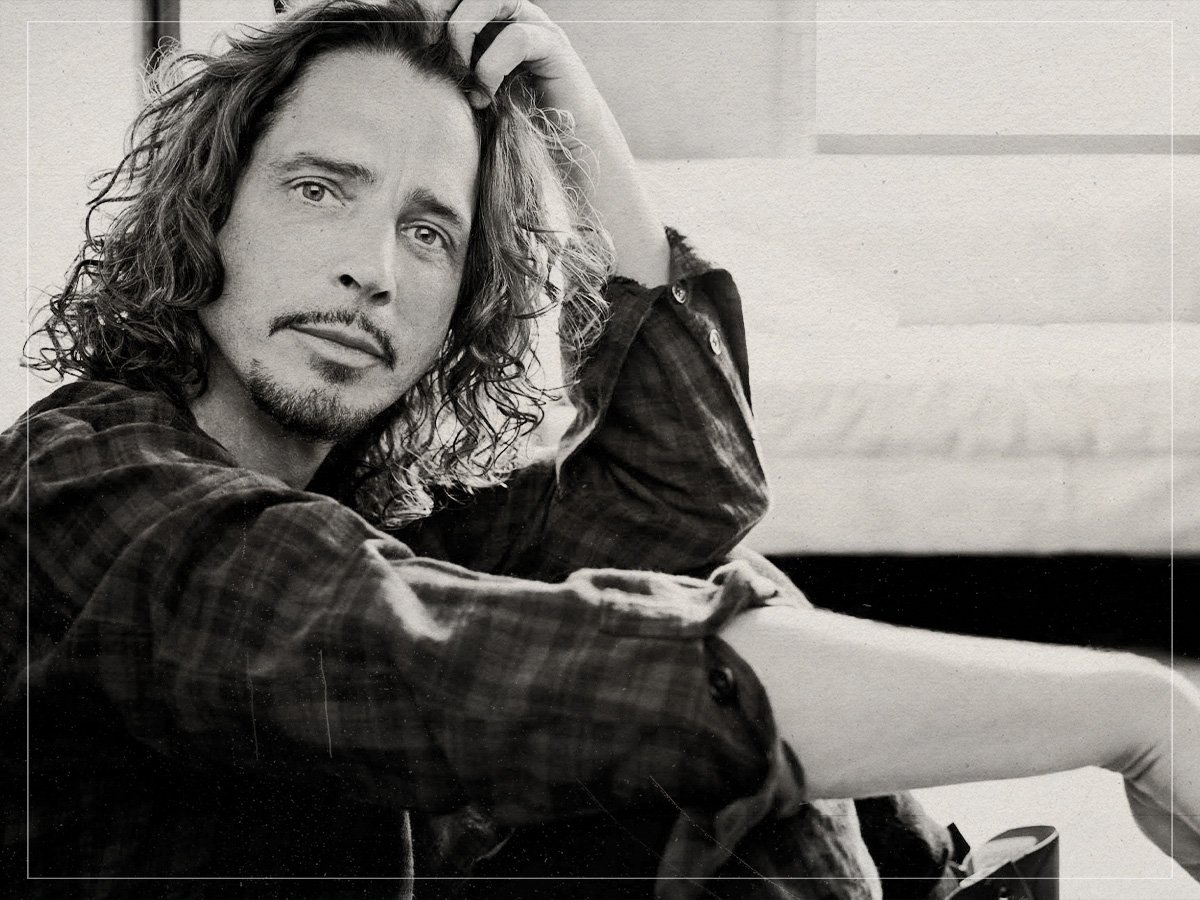
(Credits: Far Out / Chris Cornell)
Wed 29 October 2025 22:00, UK
Music is a strange beast when it comes to the line between the public and the private.
So often, songs are written alone and feel like vulnerable outpourings of emotion, then suddenly, the artist is expected to get up on stage and share with the masses. Or, in Chris Cornell’s experience, even sharing in the studio was difficult.
Soundgarden wasn’t Cornell’s first band, but it was his first serious one. Before that, he’d done the classic thing of performing in a bunch of different covers or garage bands with kids from his local area. There’s not much intimacy there when you’re teenagers thrashing through rock classics, all just trying to learn your instruments rather than write new masterpieces.
But when Soundgarden started in 1984, it was a different ball game.
Now, Cornell was trying to write masterpieces. Now more competent, the start of the band was also a mission to become more confident both in sharing his work with crowds, but even just sharing it with his bandmates.
It must be weird. Some songs feel so private and so emotionally intense that bringing them into the rehearsal room must feel incredibly revealing. But for Cornell, the struggle came in the studio when suddenly he was having to take these emotional pieces and not just perform them, but perform them in the strange, robotic and repetitive way that recording often demands.
It’s rarely a smooth or a simple process – songs can take a long time to craft as certain parts need several takes to get right. Cornell found it tortuous, especially when it came to recording his vocals. “I remember with ‘Black Hole Sun’, Michael had me sing it, like, 11 or 12 times, and then he made a comp of the lead vocals, and I hated it,” the singer said. Recalling the recording of the band’s 1994 hit, Cornell felt frustrated and even alienated by the process of singing the same song over and over while a team of producers and engineers watched him from the sound desk.
It didn’t feel conducive to getting a good and emotional performance. “After that I just started doing all my vocals alone,” he said, realising that to get the good stuff, he needed the privacy of “just being the only one there and doing the engineering myself.”
It made him feel like he was back home again, back where he wrote the song to give it the vocal performance that the lyricism or emotions needed. “It was something that always worked for me when I was at home doing demos, so it made sense to try it in the studio,” he said, simplifying the process and making it all more private to get better results.
Related Topics

